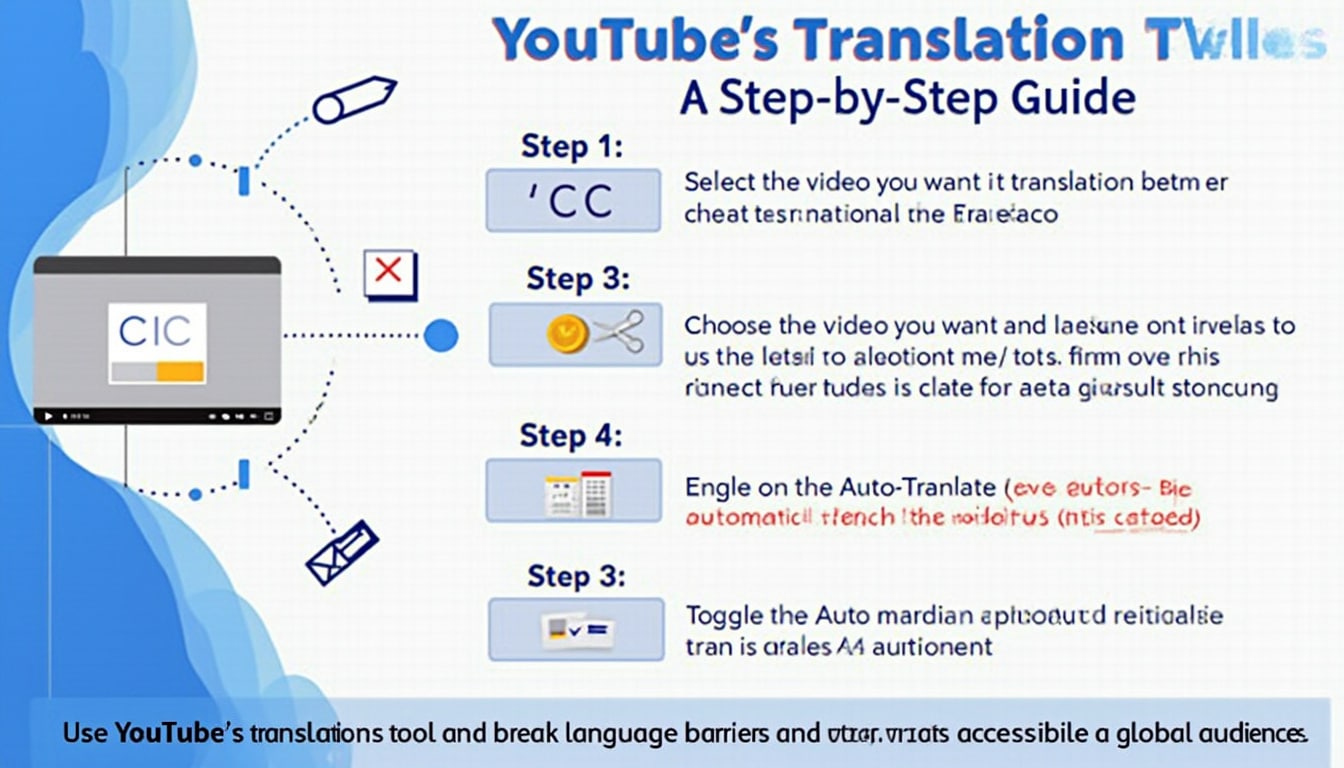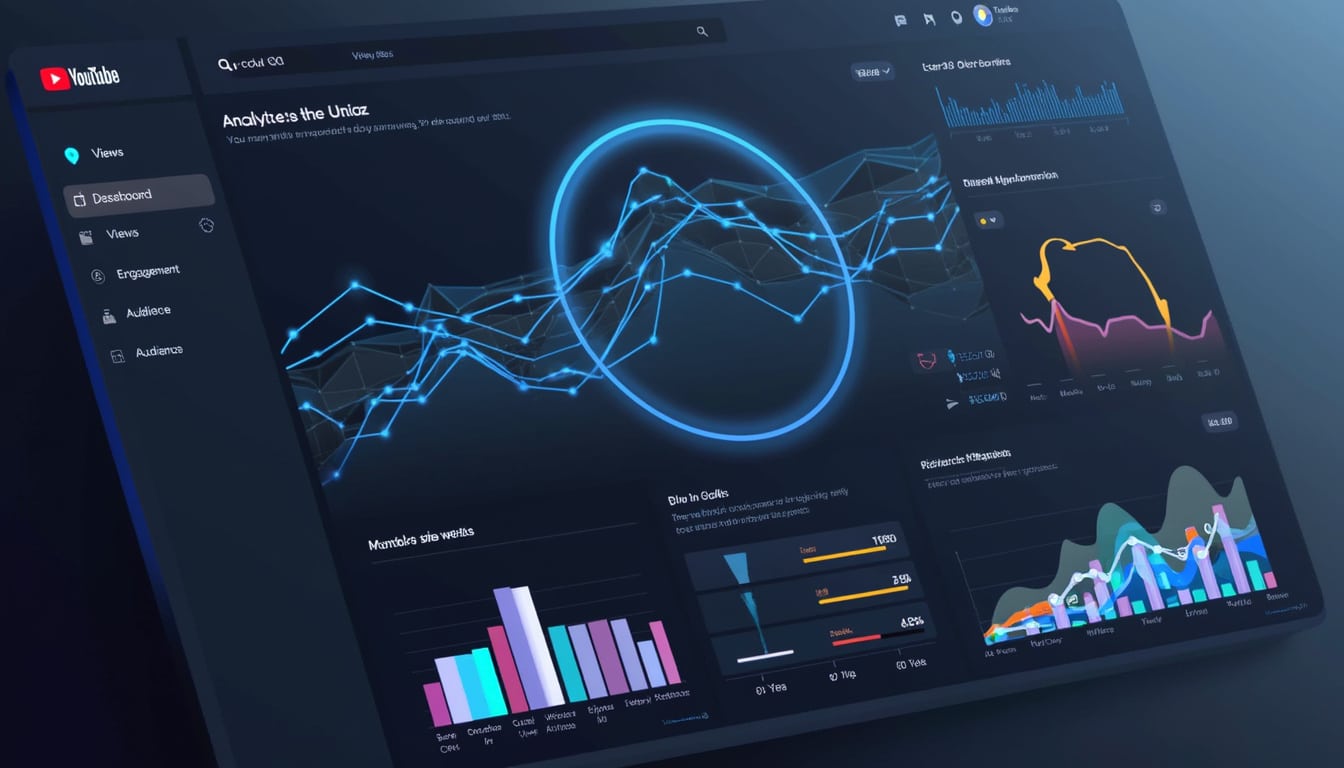In the vast world of YouTube, ensuring your content reaches the right audience is essential. Many creators wonder whether using foreign language tags on their English videos can help them connect with viewers from different regions. The answer isn’t straightforward, but let’s dive into the dynamics of YouTube tags and how they can affect your audience reach.
Understanding YouTube Tags
YouTube tags are crucial for categorizing content and enhancing video discoverability. They provide supplemental keywords that help the platform understand the video context. Many creators ask, Is it beneficial to use tags in different languages? The short answer is: it can be. If you’re targeting a multilingual audience or viewers from specific countries, this strategy may enhance your video’s visibility in search results.

The Benefits of Multilingual Tags
Using foreign language tags can help tap into international audiences. If you’re producing content that resonates across cultures, employing keywords in other languages could increase your video’s reach. Viewers might find your content more relatable if they see tags in their language, thereby increasing engagement. Remember, YouTube’s search algorithm considers all relevant keywords, so your aim should be to maximize those opportunities.
How to Tag Your Videos Effectively
Choosing the right tags is pivotal in ensuring your content reaches its intended audience. For instance, if you’re a travel vlogger who visits countries where Spanish is predominant, utilizing both English and Spanish tags can enhance visibility. Applying this method ensures users searching in either language can find your work.
Using YouTube’s Translation Tools
YouTube provides creators with tools to assist in translating video titles and descriptions. This feature can be leveraged alongside your tagging strategy. By translating metadata, you allow your content to potentially appear in search results for speakers of other languages. Utilizing titles, descriptions, and tags in multiple languages can increase overall viewership.

Challenges of Using Foreign Language Tags
While the benefits are substantial, complications may arise when incorporating foreign language tags. For instance, if your video primarily targets English speakers, inundating it with tags in multiple languages could confuse the algorithm. Thus, it’s important to complement foreign language tags with relevant English tags to maintain clarity in targeting.
Audiences and Their Preferences
Different demographics have varied preferences. Some viewers may prefer watching content in their native language while others may enjoy English as a shared language. Crafting a balance in your tagging approach can direct your video to a broader audience without veering off the main language target.
Analytics: Measuring Success
Monitoring your analytics can provide insights into your reach. Assess where your views are coming from and adjust your tagging strategy accordingly. If you notice a significant number of views from a specific region, it may be time to expand your use of foreign tags to capitalize on that audience segment.
Experimenting with Tags
Don’t hesitate to experiment with your tagging approach. It’s about finding what works best for your content and audience. Try out various foreign language tags and monitor engagement. The audience’s reaction can guide your decisions, enabling you to refine your strategy further.

Utilizing foreign language tags can be an effective strategy to enhance your visibility on YouTube. However, it’s crucial to ensure that these tags complement your English content. By employing a thoughtful approach, observing engagement, and adapting to analytics, you can reach a larger audience while delivering engaging content.
